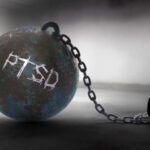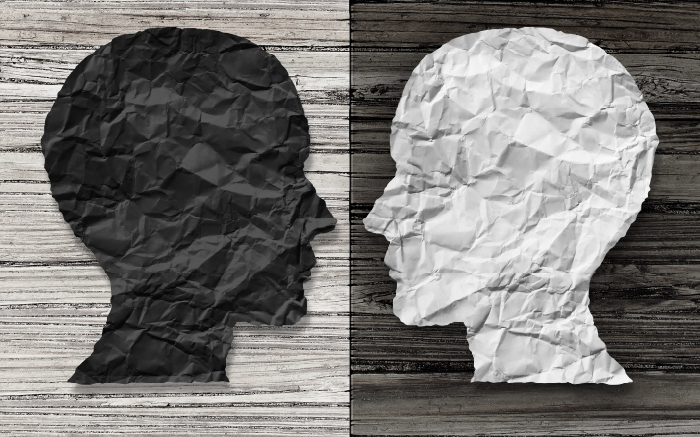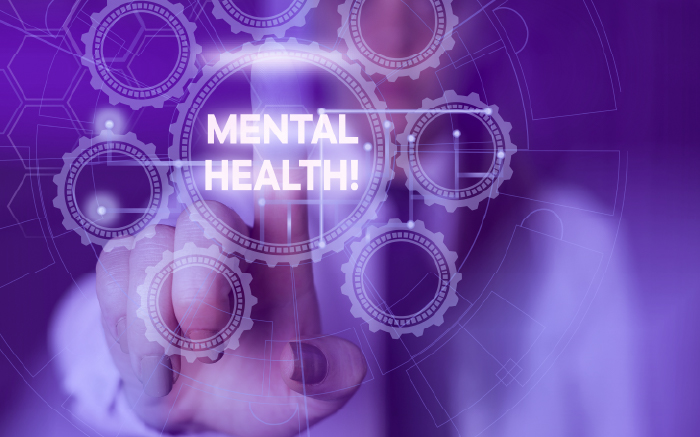Post-Traumatic Stress Disorder (PTSD) is a condition that can arise after experiencing or witnessing a traumatic event. For many, the journey through PTSD is fraught with challenges, yet the question remains: Is it possible to fully recover from PTSD? This article delves into the nature of PTSD, the recovery process, and the possibilities for those seeking to overcome the shadows of trauma.
Understanding PTSD
PTSD is a mental health condition triggered by experiencing or witnessing traumatic events. Symptoms can vary widely among individuals but commonly include flashbacks, nightmares, severe anxiety, and uncontrollable thoughts about the event. Understanding that PTSD is a normal reaction to highly abnormal situations is crucial for anyone on the path to recovery.
The Spectrum of Recovery
Recovery from PTSD is not a one-size-fits-all process; it exists on a spectrum. For some, recovery may mean a significant reduction in symptoms and a return to pre-trauma functioning. For others, it may involve learning to manage symptoms so they no longer interfere with daily life. The concept of “full recovery” can be subjective and varies from person to person.
Therapeutic Approaches to Overcoming PTSD
Effective treatment is pivotal in the journey towards recovery. The most successful approaches include:
- Cognitive-Behavioral Therapy (CBT): Helps individuals reframe negative thought patterns about the trauma and develop coping strategies.
- Eye Movement Desensitization and Reprocessing (EMDR): Involves processing traumatic memories and changing the emotional response to them.
- Prolonged Exposure Therapy: Exposes patients to trauma reminders in a controlled, therapeutic setting to help them process and overcome their fear.
- Medication: Antidepressants and anti-anxiety medications can be effective in managing symptoms.
The Role of Support Systems
Recovery from PTSD is significantly influenced by the presence of a strong support system. Support from family, friends, therapists, and support groups can provide a safe space for individuals to share their experiences, gain understanding, and foster a sense of community and belonging.
Managing Expectations and Celebrating Progress
Recovery from PTSD is a journey marked by gradual progress and occasional setbacks. Managing expectations and acknowledging small victories is crucial. Recovery is rarely linear, and patience and self-compassion become invaluable allies along the way.
The Importance of Self-Care
Engaging in self-care practices is essential for individuals recovering from PTSD. Physical activity, healthy eating, adequate sleep, mindfulness, and relaxation techniques can all contribute to overall well-being and resilience.
Life After PTSD: Resilience and Growth
Many individuals find that their journey through PTSD leads to significant personal growth and increased resilience. The concept of post-traumatic growth suggests that individuals can experience positive changes in their personal strength, appreciation of life, relationships, and spirituality following trauma.
Can One Fully Recover from PTSD?
The question of whether one can fully recover from PTSD does not have a universal answer. Recovery depends on various factors, including the severity of the trauma, the individual’s psychological makeup, the support system in place, and the effectiveness of treatment received. While some may experience a complete cessation of symptoms, others may learn to manage their symptoms effectively, leading to a significantly improved quality of life.






